Bitsbox – Teaches Kids to Code
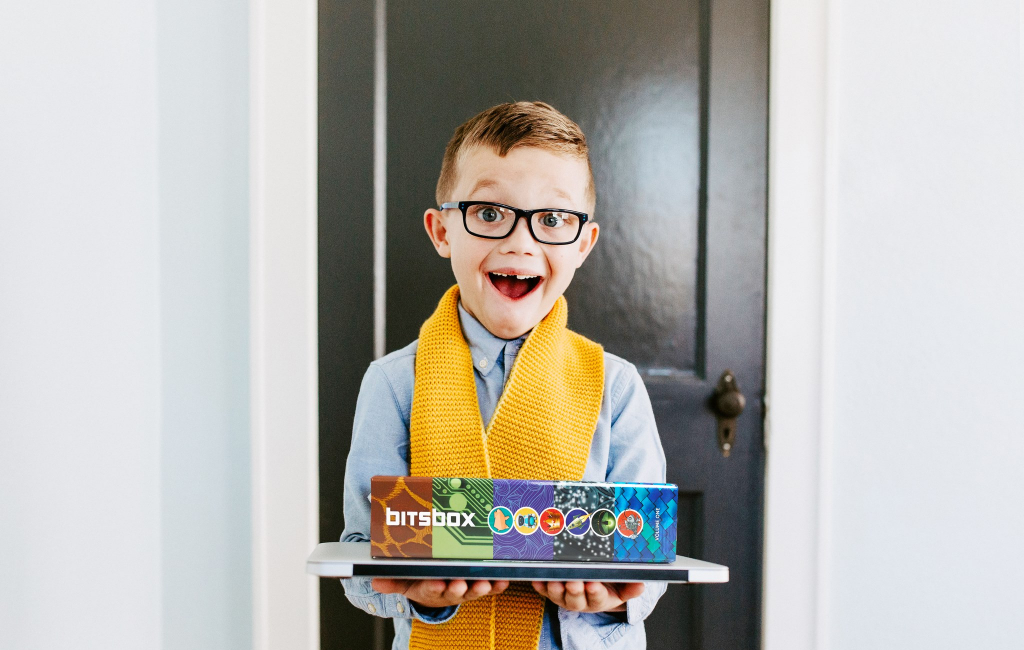
NO DEAL
EPISODE SUMMARY
🕓 Air Date: February 17, 2017
Asking For:
$250,000 for 3%
Investor:
No Deal
Deal:
No Deal
PRODUCT SUMMARY
Bitsbox is a subscription box teaching kids aged 6 to 14 real computer programming through creative and engaging projects.
WATCH HERE
IN A RUSH?
Click these to jump to the section you want to read.
Background Story
Bitsbox, based in the picturesque city of Boulder, Colorado, was founded by Scott Lininger and Aidan Chopra. Both founders bring a wealth of experience from their time at Google, the world’s largest Internet company. The idea for Bitsbox was conceived when Lininger created a coding prototype for his daughter at the tender age of 7. Recognizing the transformative power of coding skills for children’s future success, Lininger and Chopra decided to embark on a mission to make learning to code an engaging and enjoyable experience.
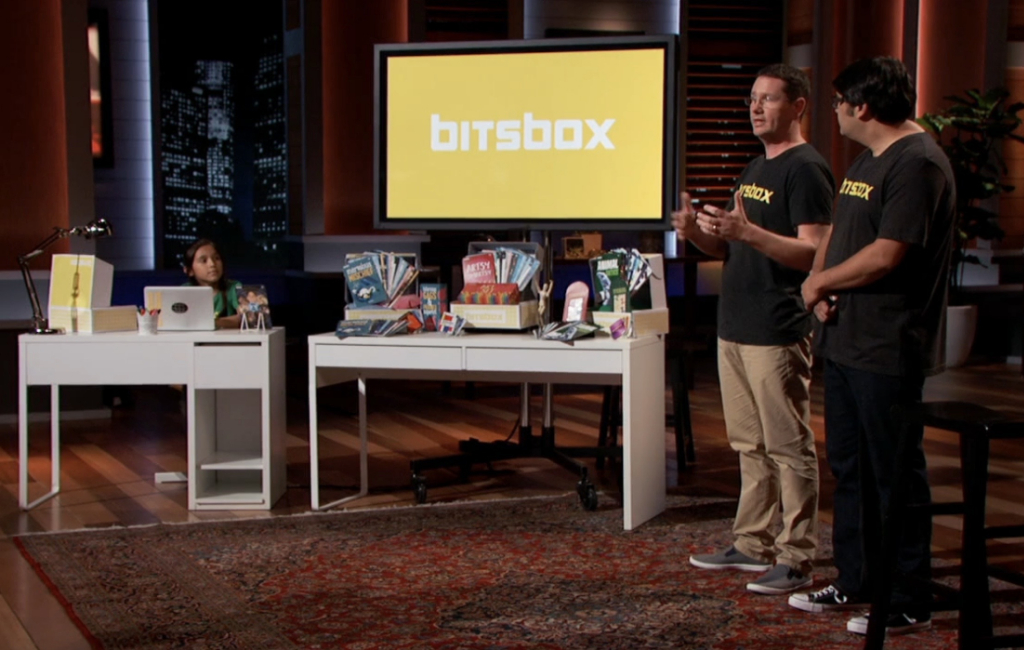
Situated in Boulder, known for its vibrant tech community and scenic landscapes, Bitsbox embodies the spirit of innovation. Lininger and Chopra, having worked at Google, possess a deep understanding of technology and its potential impact on education. Their decision to leave Google and establish Bitsbox was driven by a passion for teaching children a valuable skill that would shape their future—computer coding.

The founders sought to address the challenge of not just sparking kids’ interest in coding but maintaining that interest over time. This led to the creation of Bitsbox, a subscription-based service that delivers a monthly box filled with app cards, themed toys, and other creative elements to make coding a fun and continuous learning experience for children. The product is designed to not only teach coding but also foster creativity and problem-solving skills in the younger generation. The company’s commitment to making coding education enjoyable and accessible is evident in its subscription model, which offers a range of options to cater to different preferences and budgets.

The Product
Bitsbox revolutionizes coding education for kids aged 6 to 14 through its engaging and interactive subscription service. The product is designed to teach real computer programming skills in a fun and creative way. Subscribers receive a monthly box that includes app cards, each featuring a coding project. The projects vary in complexity, allowing kids to gradually build their coding skills. For instance, a project might involve creating a themed app, such as a “Shark Tank” game, as demonstrated on the show. The coding is done through the Bitsbox website, where kids can type in the code exactly as it appears on the card.
The coding process involves a set of instructions that tell the computer what to do. The Bitsbox approach provides ample example projects to ensure that kids remain interested and motivated. Over time, children progress from building on existing projects to creating their own applications from scratch. The product’s interactive nature is exemplified by the inclusion of toys matching the monthly theme, adding a tangible and enjoyable aspect to the learning experience.
Bitsbox offers various subscription plans, ranging from $20 to $40 per month. The $40 subscription provides a complete box with app cards, themed toys, and additional exciting elements to keep kids excited about coding. Customers can choose to sign up on a month-to-month basis or commit to a full year in advance, offering flexibility in their learning journey. The pricing structure ensures accessibility for a broad range of families, fostering inclusivity in coding education.
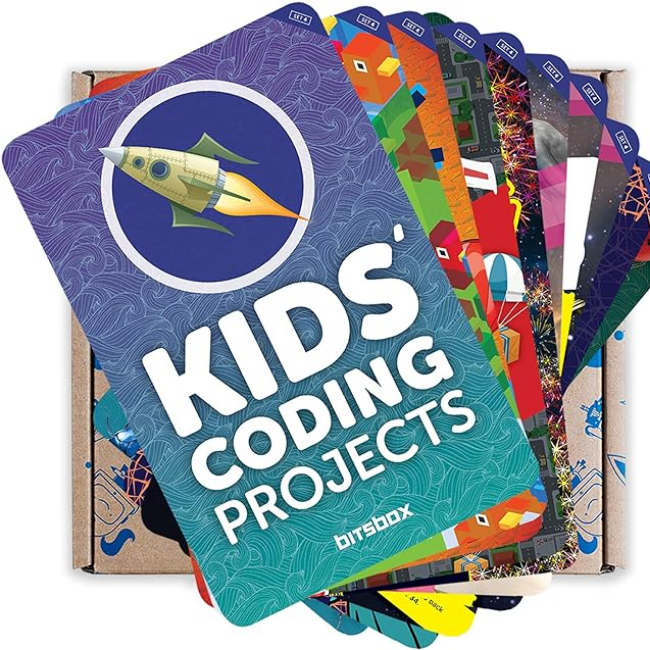
How It Went
The company’s position before Shark Tank
Bitsbox, launched less than two years ago, has demonstrated robust performance and a promising position in the coding education market for children. With a revenue of $1.3 million achieved since its inception, the company has successfully tapped into the demand for a creative and interactive approach to teaching coding skills. The subscription-based model, ranging from $20 to $40 per month, showcases a well-thought-out pricing strategy that caters to diverse preferences and budgets. The founders, Scott Lininger and Aidan Chopra, both former Google employees, bring a strong background in technology and innovation to the company.
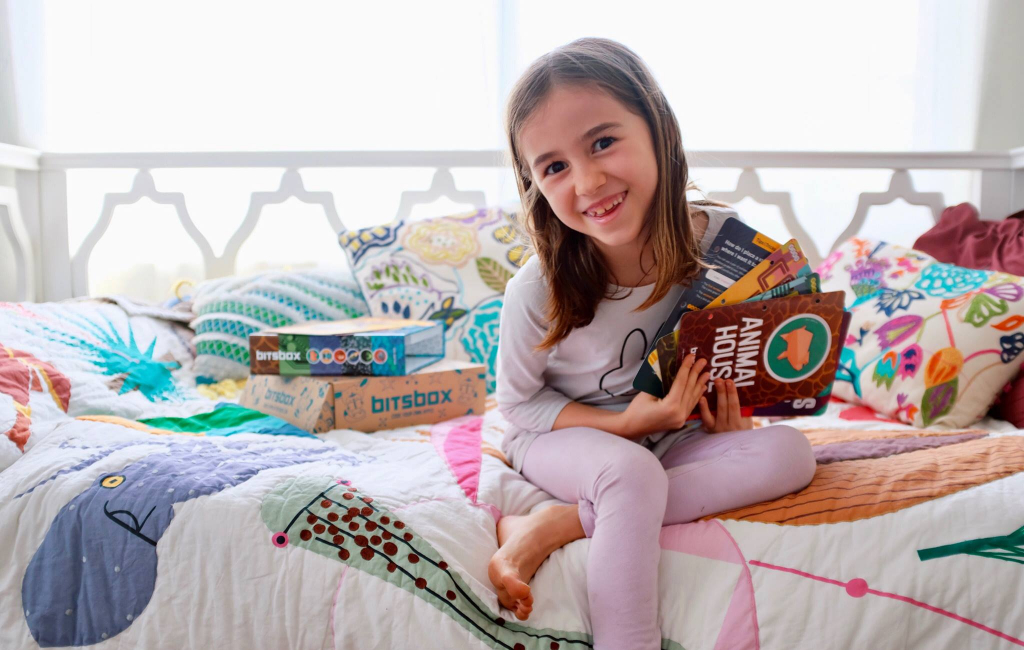
Their experience at the world’s largest Internet company contributes to the strategic vision and direction of Bitsbox. The decision to leave Google and embark on the journey of teaching children to code reflects their commitment to making a positive impact on the future generation. The company’s primary focus appears to be on its direct-to-consumer subscription model. Given the nature of the product, it’s plausible that they may explore partnerships with educational institutions, schools, or online platforms in the future to expand their reach. The customer base for Bitsbox comprises children aged 6 to 14 and their parents or guardians who are invested in providing them with valuable coding skills.
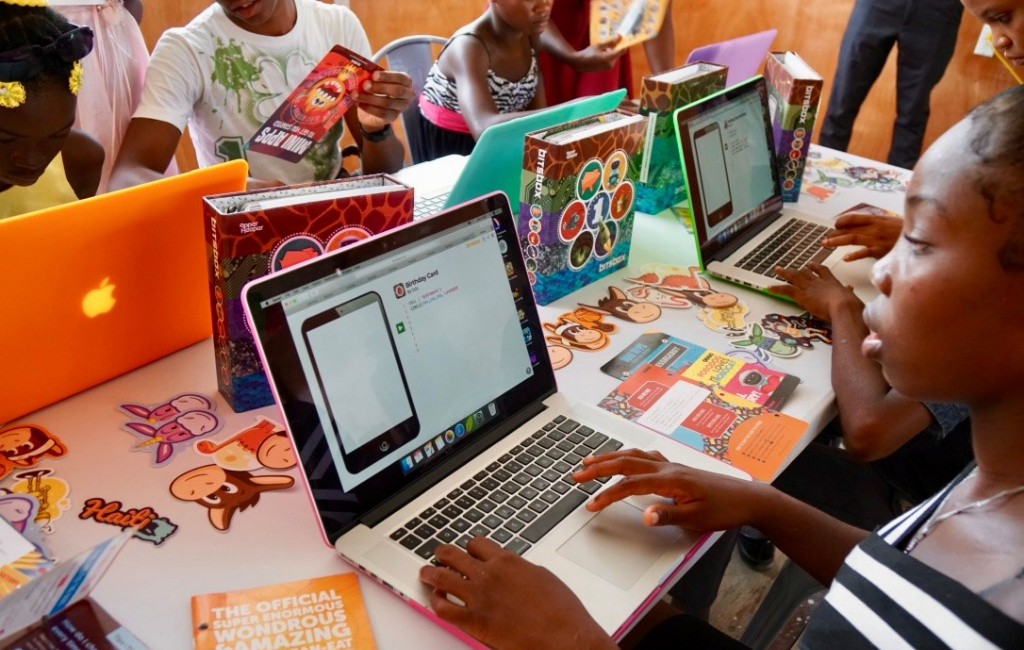
The subscription model allows for flexibility, with customers having the option to sign up on a month-to-month basis or commit to a full year, emphasizing accessibility and inclusivity in coding education. In terms of funding, Bitsbox raised $500,000 in a seed round last summer, indicating investor confidence in the company’s potential. However, it’s noteworthy that the company is not yet cash-flow positive, primarily due to a team of five full-time employees. Despite this, they express optimism about achieving cash-flow positivity in the upcoming quarter, showcasing a strategic and measured approach to financial sustainability.
The Negotiations:
The negotiation for Bitsbox on Shark Tank took an unexpected turn, with Chris Sacca being the sole interested Shark. The founders, Scott Lininger and Aidan Chopra, initially sought $250,000 for 3% of their company, valuing Bitsbox at $8 million. Sacca, known for his tech-savvy investments, offered $250,000 but at a significantly lower valuation of $5 million. The negotiation became a delicate dance between the founders and Sacca as they tried to bridge the gap in their valuation expectations. The founders hesitated and attempted to negotiate for a $7 million valuation, showcasing a desire for a higher company valuation.
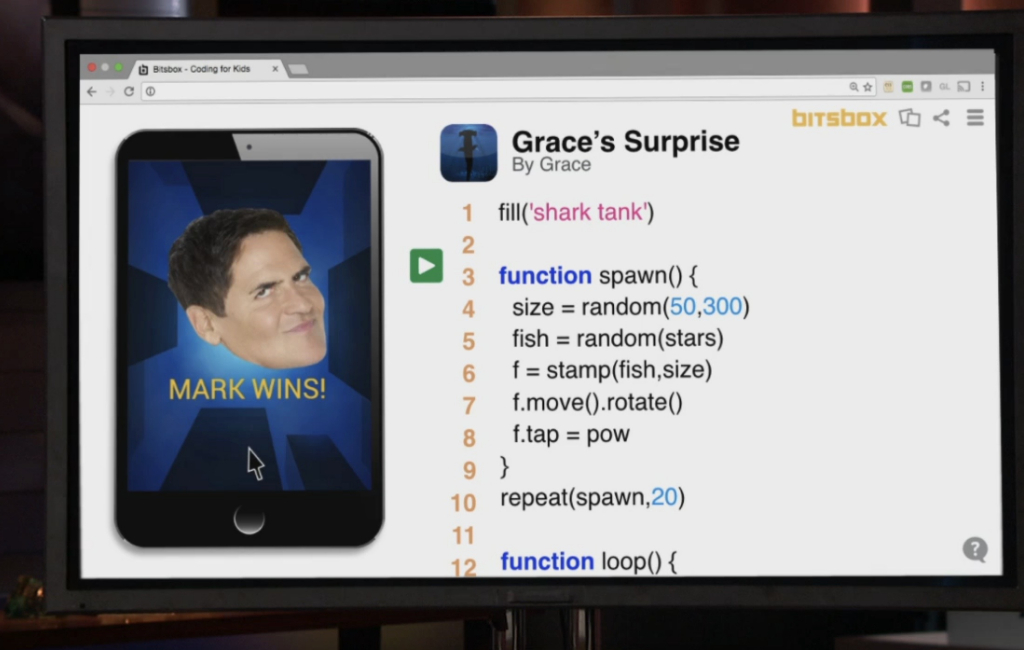
Sacca, however, stood firm on his $5 million offer, expressing his confidence in the company’s potential. Mark Cuban, expressing concerns about the challenges ahead for Bitsbox, decided to bow out early in the negotiation. Despite attempts to reconcile and even offering a compromise of $6 million, Sacca ultimately withdrew his offer due to perceived nitpicking over valuation percentages. This decision left the founders without a deal and expressed disappointment at potentially losing a deal for a quarter of a percent.
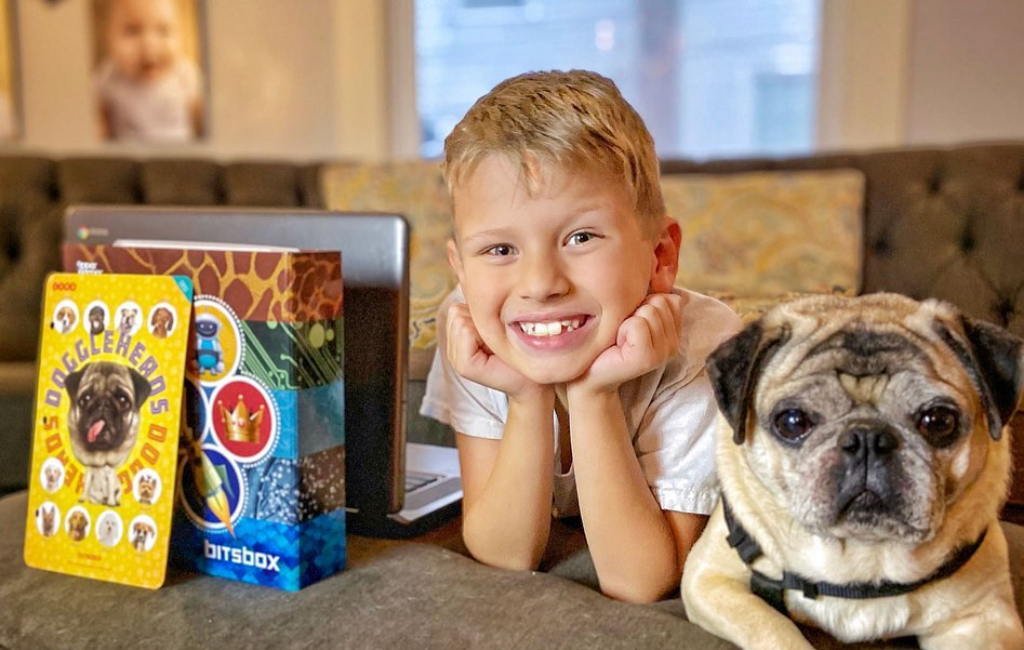
The negotiation highlighted the delicate balance between valuation, equity, and the perceived value that investors bring to the table. The founders were left navigating the challenges of securing funding for their promising coding education venture without the backing of a Shark. The outcome emphasized the importance of strategic decision-making in negotiations and the potential consequences of valuation disagreements in the investment landscape.







